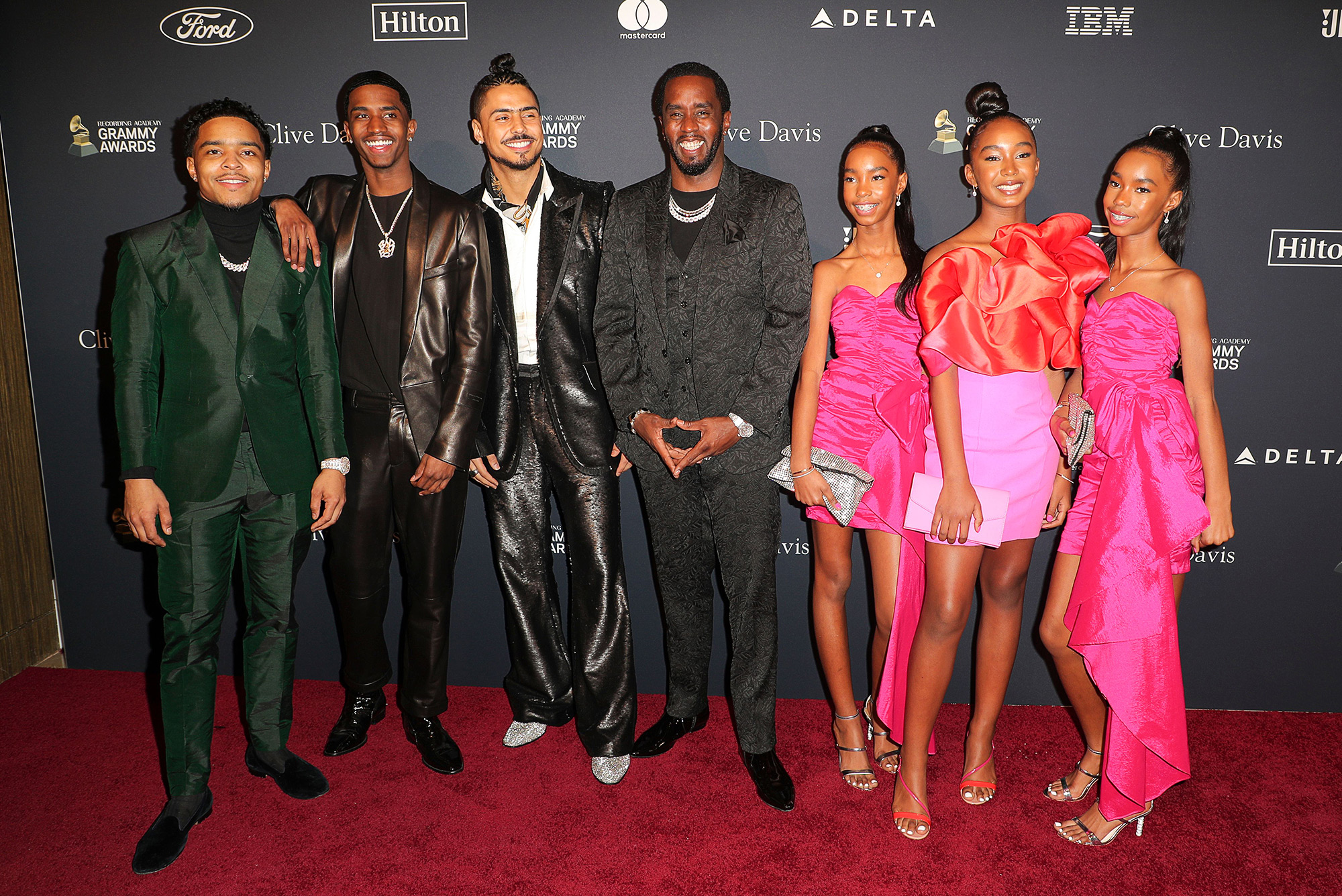In the world of music, feuds and financial disputes are not uncommon. One of the most talked-about controversies involves the legendary Sean Combs, better known as P Diddy, and the iconic musician Sting. The intrigue surrounding their financial dealings stems from a sample that Diddy used without authorization in his hit song "I'll Be Missing You." This article delves into the details of this famous case, exploring how much did P Diddy have to pay Sting and the implications of their agreement.
The story begins in the late 1990s, when P Diddy released "I'll Be Missing You," a tribute to the late Notorious B.I.G. The song prominently featured a sample from The Police's classic hit "Every Breath You Take," which was written and performed by Sting. Although the song quickly became a massive success, it didn't take long for Sting to notice that his work was being used without proper compensation. As the legalities unfolded, the public was left wondering: how much did P Diddy have to pay Sting for the unauthorized use of his music?
This article will take a closer look at the financial aspects of this high-profile case, examining the relationship between these two musical giants and the impact of their agreement on the music industry. By exploring their backgrounds and the details of their financial settlement, we can gain a clearer understanding of how much did P Diddy have to pay Sting and why this case remains relevant in discussions about music rights and sampling.
Who is P Diddy?
P Diddy, born Sean John Combs on November 4, 1969, in New York City, is a multifaceted entrepreneur, record producer, and rapper. He is known for his influential role in the hip-hop industry and has played a significant part in the careers of numerous artists. Diddy's entrepreneurial spirit has led him to create successful ventures in fashion, film, and beverages, making him one of the wealthiest figures in the entertainment industry.
P Diddy’s Biography
| Detail | Information |
|---|---|
| Full Name | Sean John Combs |
| Date of Birth | November 4, 1969 |
| Birthplace | New York City, USA |
| Occupation | Rapper, Producer, Entrepreneur |
| Net Worth | Estimated at $900 million |
Who is Sting?
Gordon Sumner, better known by his stage name Sting, is an English musician, singer, and songwriter. Born on October 2, 1951, in Wallsend, England, Sting first gained fame as the lead vocalist and bassist of the band The Police. Known for his distinctive voice and poetic songwriting, Sting has enjoyed a successful solo career and has received numerous awards, including multiple Grammy Awards. His song "Every Breath You Take" is one of the most iconic tracks in music history.
Sting’s Biography
| Detail | Information |
|---|---|
| Full Name | Gordon Sumner |
| Date of Birth | October 2, 1951 |
| Birthplace | Wallsend, England |
| Occupation | Musician, Singer, Songwriter |
| Net Worth | Estimated at $400 million |
What Happened with the Sample in "I'll Be Missing You"?
When P Diddy released "I'll Be Missing You," he sampled Sting's famous song "Every Breath You Take" without seeking permission. The track was a heartfelt tribute to the Notorious B.I.G. that resonated with audiences and quickly topped the charts. However, the unauthorized use of Sting's song resulted in legal action, leading to a significant financial settlement between the two artists.
How Much Did P Diddy Have to Pay Sting?
The exact figure that P Diddy had to pay Sting has been a topic of speculation over the years. Reports suggest that Diddy agreed to give Sting a substantial percentage of the royalties from "I'll Be Missing You," which amounted to approximately 85%. This incredible figure highlights the seriousness of intellectual property rights in the music industry and the consequences of unauthorized sampling.
What are the Implications of the Settlement?
The financial agreement between P Diddy and Sting serves as a crucial case study in the music industry, emphasizing the significance of obtaining proper permissions before using someone else's work. The settlement not only impacted the careers of both artists but also influenced many other musicians regarding the importance of respecting copyright laws. The case also sparked discussions about the ethics of sampling in hip-hop and contemporary music.
How Has This Affected Sampling in the Music Industry?
Following the P Diddy and Sting case, many artists became more cautious about sampling other musicians' work. Some key impacts include:
- Increased awareness of copyright laws and intellectual property rights.
- Greater emphasis on obtaining licenses and permissions for samples.
- Emergence of sample clearance companies to assist artists in navigating copyright issues.
- More transparent agreements between artists and rights holders.
What Can Artists Learn from This Case?
The financial settlement between P Diddy and Sting serves as a cautionary tale for aspiring artists. Key takeaways include:
- Always seek permission before using someone else's work.
- Understand the importance of intellectual property rights.
- Be prepared for legal ramifications if proper procedures aren't followed.
- Respect the creative contributions of other artists.
Conclusion: How Much Did P Diddy Have to Pay Sting?
In summary, the question of how much did P Diddy have to pay Sting is not just a matter of financial figures but also a reflection of the broader issues within the music industry regarding copyright laws and sampling practices. The settlement between these two musical icons serves as an important reminder for artists to respect the work of their peers and to navigate the complexities of intellectual property with diligence. As the music landscape continues to evolve, this case will remain a pivotal reference point for discussions about the ethics and legality of sampling.
Unstoppable Legacy: The Journey Of P Diddy
Unveiling The Truth: Men Exposing P Diddy
Unveiling The Legacy Of Anthony Wolf Jones And His Connection To P Diddy


